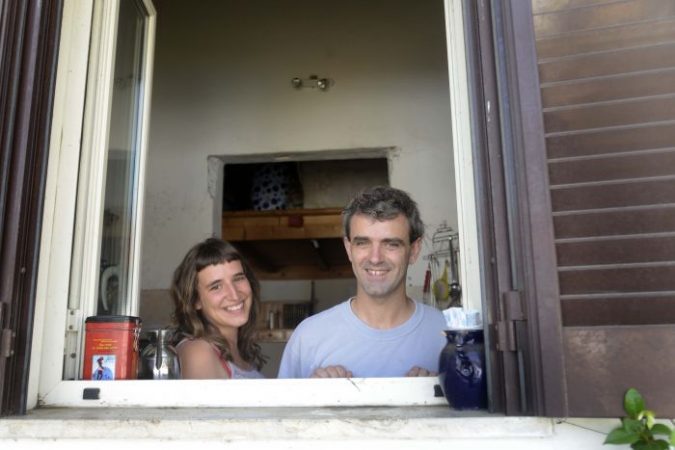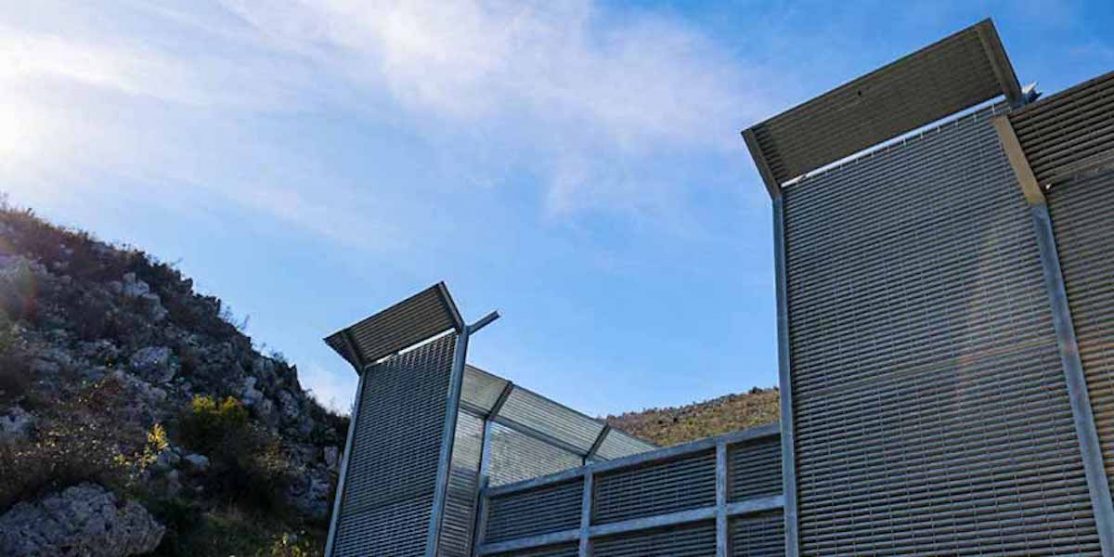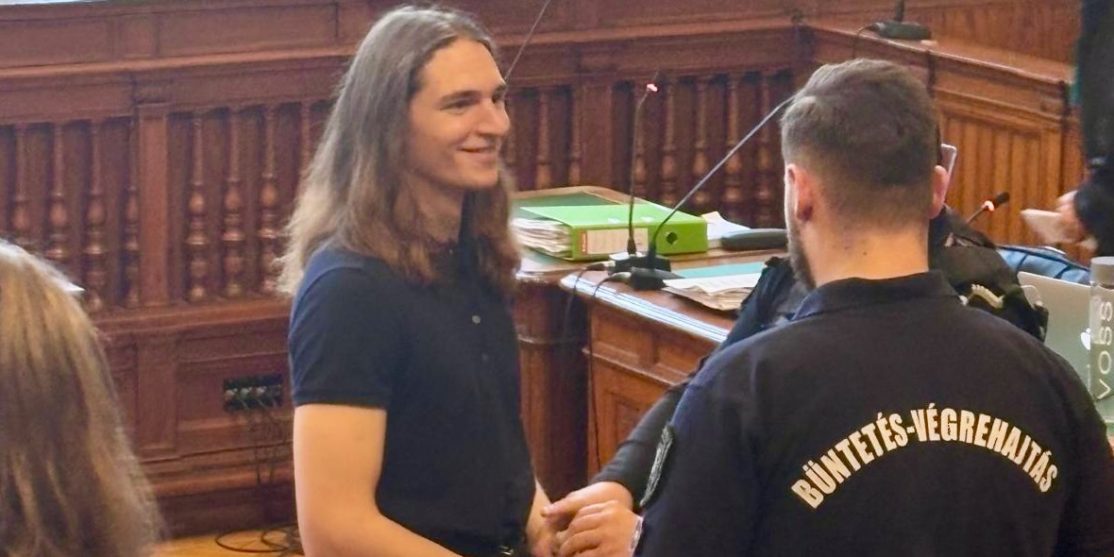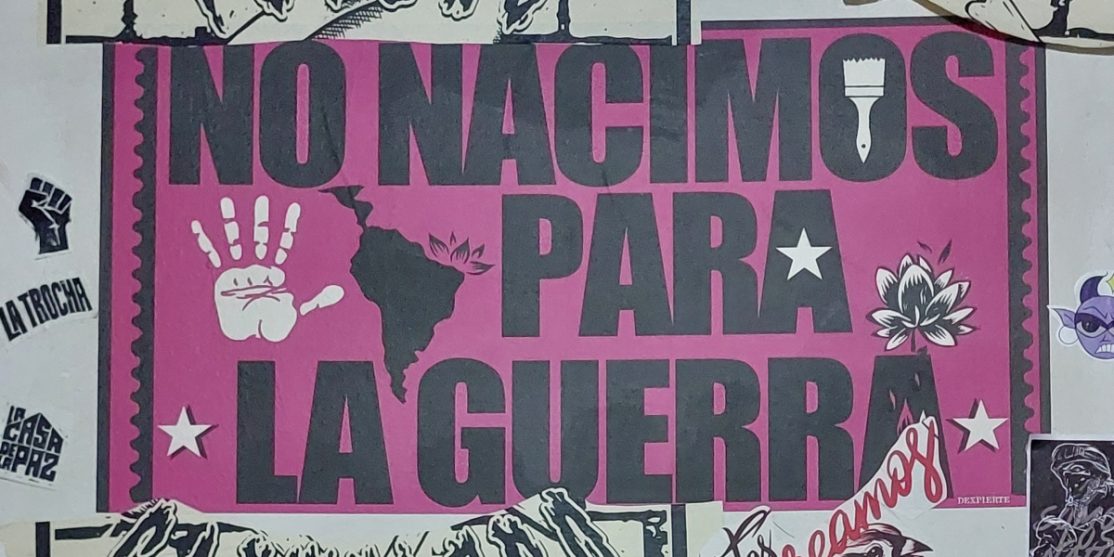#LanderLibero #LanderAskatu [IT EN ES]

No to the extradition of Lander Fernandez Arrinda. Materials from the campaign “A Basque case in Rome”.
On April 16 the Italian Supreme Court of Cassation is expected to take a final decision on the extradition request issued by Spanish judicial authorities. In respect of the guarantees enshrined in international treaties, we call on the Court to deny the extradition: State reasons should not prevail over those of the law.
UPDATE AS OF APRIL 17. The Court of Cassation rules in favour of the extradition. The campaign “A Basque case in Rome” invites everyone to gather this afternoon at 5 om in front of the Colosseum.
Open Letter to the Italian Minister of Justice Paola Severino
Lander Fernandez Arrinda is a European citizen and an activist of Basque political movements, serving house arrests in Rome since June 13, 2012 because he is being investigated by the Audiencia Nacional in Madrid.
Lander Fernandez was arrested by the Italian police following an arrest warrant issued by the Spanish authorities. Mr. Fernandez is under investigation by the Spanish prosecutors for an alleged crime committed in Bilbao on February 2002, consisting in setting an empty, parked bus to fire. According to the Basque Police (Ertzaintza) report, such action did not result in «any type of risk for the life or physical integrity of any person». The Spanish judge qualifies this alleged act of damage as terrorism.
Consequently, since June 2012 Lander Fernandez is serving pre-trial house arrests for an offense he allegedly committed more than ten years ago.
There are various reasons to follow with the outmost attention the proceedings concerning this extradition request:
1. Mr. Fernandez is accused of having committed a crime on February 2002. By Italian law, statute of limitations therefore apply. International law specifies that statute of limitations is an impediment to extradition; this means Fernandez cannot be surrendered to the Spanish authorities. Such impediment would only vanish if the crime was committed under aggravating circumstances of “terrorism”. However, no grounds for such an assumption seem to exist. As mentioned above, the Basque police report specifies that the action Mr. Fernandez allegedly carried out did not compromise the integrity of any person. Moreover, no terrorist group of any kind ever claimed responsibility for it.
2. The proceedings against Lander Fernandez are based on a testimony forced on his co- defendant Aingeru Cardano under torture. This testimony, locating Fernandez on the crime scene, was extorted during the period of so-called “incomunicación”. Under this regime, provided for by the Spanish law and applicable by the Audiencia Nacional, the judicial authority can detain a person for up to 5 days (extendable to 13) without having to grant him or her the right to name a lawyer, have access to a doctor of his or her choice, or inform the family of where he/she is being held. These measures have so far hindered investigations on the several cases of torture reported by citizens detained under such regime, as denounced by many international organisations – including the United Nations, Amnesty International and Human Rights Watch – who repeatedly called on the Spanish State to suspend this practice and respect human rights. The case of torture of Aingeru Cardano was examined by the United Nations, and collected and documented by the UN Special Rapporteur Theo Van Boven in his report of March 30, 2005 (E/CN.4/2005/62/Add.1). The fact that the accusations against Fernandez are based on an internationally acknowledged torture case is a further reason to deny the extradition.
3. If Mr. Fernandez will be extradited, he will be judged by the Audiencia Nacional, an institution representing an exception in the EU judicial landscape. It is a non-ordinary court with an indefinite jurisdiction, extensible serious crimes such as terrorism, drug and arms trafficking and other offenses, depending on the judge’s case-by-case assessment. The attribution to the Audiencia Nacional of the proceedings against Mr. Ferndandez reveals the intention to qualify the act of damaging a bus as an act of terrorism. However, no element was produced by the judicial authorities proving Lander Fernandez belongs to any terrorist group. There are thus enough grounds to fear a strained interpretation of facts so as to qualify the crime Mr. Fernandez is accused of as an act of terrorism.
All this urges us to follow with attention the decisions that will be taken on this extradition request issued by the Spanish judicial authorities.
We call on the Ministry of Justice to ensure that the guarantees enshrined in international treaties on extradition will be respected and State reasons will not to prevail over those of the law.
Signatories include: Cons. Andrea Alzetta (Roma Capitale), Stefano Anastasia (ass. Antigone), Avv. Cesare Antetomaso (Giuristi democratici), Avv. Leonardo Arnau (Giuristi democratici), Matteo Bartocci (Il Manifesto), On. Rita Bernardini, Pres. Andrea Catarci (Municipio Roma XI), Roberto Della Seta, Erri De Luca, Prof. Luigi Ferrajoli, Sen. Francesco Ferrante, Prof. Luciano Gallino, Pres. Patrizio Gonnella (Antigone), Pres. Luigi Manconi (ass. A buon diritto), Fabio Marcelli (Isgi CNR), Sen. Pietro Marcenaro, Cons. Fabio Nobile (Regione Lazio), On. Pancho Pardi, Cons. Gianluca Peciola (Provincia di Roma), Mauro Palma, Marco Perduca, Sen. Donatella Poretti, Prof. Claudio Tognonato, Sen. Vincenzo Vita.
A ten year long story
Lander Fernandez is a Basque citizen, born in Bilbao 32 years ago.
On the 19th of May 2009, exiting the school of Elorrieta (Bilbao), LANDER was approached by some individuals who claimed to be Basque police officers. These people, after leading him in an isolated place, threatened him saying that if he had not collaborated with them, a judge would have used the evidence he had at his disposal to imprison him for ten years. A similar situation occurred again on the 27th of May, when LANDER noticed some suspicious men following him all day long. Back home, those men came to him: they were the same individuals who had kidnapped him a few days earlier, with a fourth person. After threatening him, as already happened on the 19th of May, the alleged policemen pushed LANDER making him to fall to the ground. Between shouts and threats, they told him that he was under arrest. The young man tried to free himself, but he was silenced with a tissue inserted into his mouth. His cries managed to draw the attention of the neighborhood causing the escape of his stalkers and preventing them from taking him. At the health post where LANDER went after the incident, the doctor observed injuries on the right elbow, on the shin of the right leg and under his right eye caused by the violent fall. On the same day in which the attack took place, the 27th of May 2009, LANDER formally denounced the fact to the Court of Bilbao. He also found the courage to denounce publicly the stalking and threats suffered by the police convening a public press conference, which was held on the 28th of May 2009. LANDER told in front of media his kidnapping and the aggressions he had suffered on the 19th and 27th of May.
At the end of May, following a travel program he had planned long before, LANDER went to Venezuela along with some friends, from which he returned on the 14th of June. That same day, however, LANDER found the police waiting for him at Barajas airport in Madrid, where he was arrested. The police told him a trial against him had been opened, as a result of an investigation for setting fire to a bus during the riots occurred seven years earlier, in February 2002.
In summer 2008 another trial against LANDER by the Audiencia Nacional started. In August of the same year, LANDER was arrested in Berriatua (Bizkaia) by the Guardia Civil and found in possession of lottery tickets. The proceeds of the raffle would have been used to fund the legal expenses of Basques political prisoners’ families. Only for this reason, the Audiencia National decided to open an investigation against him for collaboration with an armed group. The accusation was denied by the judge of second degree who expressly stated that the lottery in question was meant to “guarantee the human rights and dignity of Basque political prisoners and refugees”and that therefore it was not “connected to any terrorist group.”
These are incontrovertible elements that denote a judicial harassment of the Spanish authorities against LANDER, based on political biases trying in vain to find excuses on regulatory elements. This hostile climate prevented LANDER from living peacefully in his own country. For this reason LANDER decided to move to Rome in May 2011. Here he found a job in the tavern of the social center “Corto Circuito” and an accommodation in the Garbatella neighbourhood thanks to the movement for the right to housing “Action” . After living for a few months in the capital, LANDER noticed to be subject to continuous stalking on his way to work and during his public life. For this reason, LANDER decided to go to consult a lawyer to ask for legal support.
In May 2012, a year after his arrival in Rome, LANDER was informed by his Basque lawyer that the legal action relating to the events of 2002 (in which he was accused of having damaged a bus) would start at the Audiencia Nacional in Madrid on the 21st of June. Aware of the bias of the court that would judge him, LANDER decided not to appear in court. As the trial in absentia is not provided in the Spanish judicial system, the Spanish authorities sent to the Italian Statethe request to arrest LANDER in order to proceed to the subsequent extradition.
On the 13th of June 2012 LANDER was involved in a spectacular police operation – a score of armed and face covered police officers were involved – and arrested in his house in Garbatella. On the same morning, the Italian and Spanish press reported the news of the arrest in Rome of a “Basque terrorist” without taking into account the actual elements that characterize the case: the newspapers celebrated their mediatic trial against LANDER, without providing him with the right of reply. For months, then, Mr Fernandez has been forced to bear the restrictive measures of home detention without being able to benefit of work permits.
Excerpt from the Case Summary “A Basque Case in Rome”.
Download the complete case summary (PDF).
http://uncasobascoaroma.noblogs.org/
See also [IT]:
Non estradate Lander in Spagna, L’Espresso, 11-03-2013.
“Sono vittima di un’ingiustizia non mi presenterò in tribunale”, Paese Sera, 13-06-2012.




